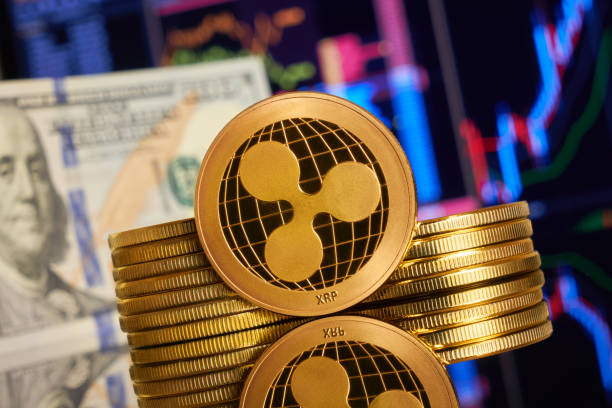In recent years, the cryptocurrency landscape has witnessed a transformative shift as more firms begin to embrace digital assets as part of their financial strategies. Among the digital currencies catching the attention of corporate treasurers is XRP. Renowned for its robust utility in facilitating real-time payments, XRP’s adoption as a treasury asset is gaining momentum. This trend signifies a pivotal change in the perception of digital currencies within corporate finance, with a growing number acknowledging XRP’s potential to revolutionize traditional payment systems and enhance financial operations.
XRP’s Rising Adoption in Corporate Treasury Management
Increasing Institutional Confidence in XRP
Recent insights from financial market analyst Bill Morgan, sourced from US SEC filings and corporate reports, reveal a noteworthy development: businesses are increasingly incorporating XRP into their financial holdings. Entities such as Flora Growth Corp and Hyperscale Data Inc. represent this burgeoning trend, demonstrating institutional trust in XRP’s capabilities and prospects.
Flora Growth Corp, a publicly listed entity, has included XRP alongside Solana (SOL) and Ethereum (ETH) in its crypto portfolio. The company transparently disclosed this strategic move in its Form 10-Q filing, underscoring its intent to bolster its financial standing with these assets. In parallel, Hyperscale Data Inc. is adopting a proactive approach. Their recent Form 8-K filing with the SEC details plans to release monthly reports on their digital asset portfolios, starting with XRP. This follows a strategic decision by their affiliate, Ault Capital Group Inc. (ACG), to procure $10 million worth of XRP, emphasizing the XRP Ledger’s potential in modernizing financial services through efficient and secure transactions.
Regulatory Developments Influence Institutional Strategy
The expanding use of XRP by corporate treasuries is occurring against a backdrop of evolving regulatory clarity, which is likely influencing corporate decisions. While Morgan observes that his role is to report on these filings rather than conduct a detailed analysis, the timing of these corporate maneuvers coincides with positive sentiment stemming from recent developments in the legal proceedings involving Ripple Labs and the SEC.
Notably, former SEC attorney Marc Fagel has indicated via the ‘XRP Update’ social media platform that the commission may soon dismiss its appeal in the ongoing Ripple case. Should this occur, as early as August 7, it would represent a major turning point, potentially dispelling a cloud of regulatory uncertainty that has shadowed XRP for years.
Is XRP a Viable Treasury Asset for Companies?
XRP’s appeal as a treasury asset lies in its utility and efficiency in streamlining financial transactions. For companies, integrating XRP can mean enhanced liquidity management and access to modernized payment solutions, though it requires careful consideration of the market dynamics and regulatory landscape.
What Does the Growing Corporate Adoption of XRP Mean for Its Market Value?
The increasing incorporation of XRP by corporations could positively influence its market value by boosting demand and showcasing practical use cases. However, market participants should continuously assess external factors such as regulatory changes and overall market conditions.
How Does Regulatory Clarity Impact XRP Adoption in Corporates?
Regulatory clarity provides firms with the confidence to invest in and utilize digital assets like XRP, knowing they are operating within compliant frameworks. This assurance can lead to increased adoption across various sectors, further establishing XRP’s role in the digital finance space.
What Are the Key Considerations for Companies Holding XRP?
When holding XRP, companies need to evaluate factors such as volatility, regulatory shifts, and technological developments. Understanding these elements helps in crafting informed strategies that align with broader financial and operational goals.

